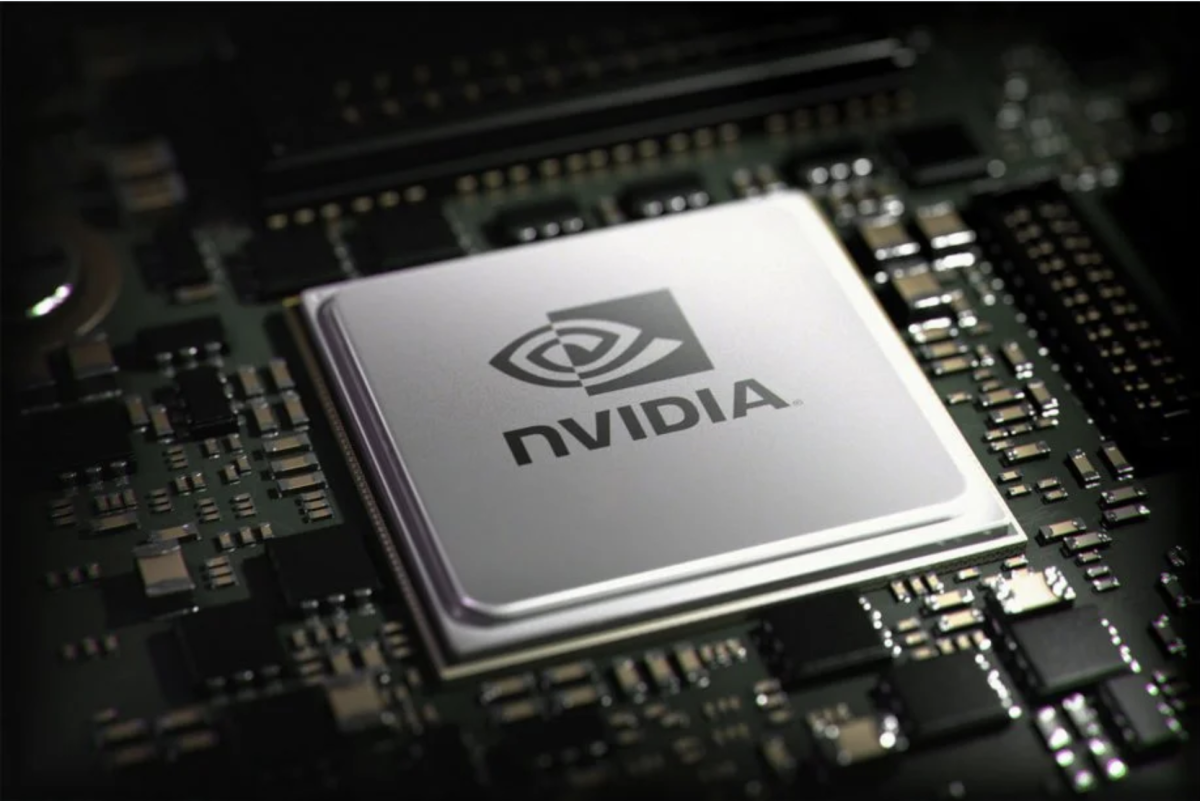Nvidia Corp. disclosed another record-breaking quarter fueled by high chip demand from the artificial intelligence trend in its third-quarter earnings report on Nov. 21.
Nvidia’s third-quarter earnings showcased a 34% increase in revenue, equating to a record revenue of $18.12 billion, a 49% increase in net income, equaling $9.24 billion and data center revenue up 41% totaling $14.51 billion. Nvidia’s outlook for the fourth quarter sees revenue growing 2% to $20 billion.
“Our strong growth reflects the broad industry platform transition from general-purpose to accelerated computing and generative AI,” Jensen Huang, founder and CEO of Nvidia, said in the earnings report. “Large language model startups, consumer internet companies and global cloud service providers were the first movers, and the next waves are starting to build.”
Despite solid results and revenue outlooks, investors and analysts responded lukewarmly due to the company’s outlook on China and already high expectations, causing its share price to fall 1.4% during the extended trading period on Nov. 21.
Colette Kress, executive vice president and chief financial officer of Nvidia, stressed that export control regulations to China and other markets will cause sales in those destinations to “decline significantly in the fourth quarter” but will be offset by growth in other regions.
Previously, The Ticker reported during the second-quarter earnings season that Nvidia feared government regulations on exports to China could be a permanent loss of opportunity for the company and that the demand for AI chips would exceed supply.
“I suspect that they are going to have a re-spin of some of these parts; whether they will be performant enough to the Chinese liking, I don’t know,” Christoper Rolland, senior equity analyst at Susquehanna said on an episode of CNBC’s Fast Money. “But they will probably be getting back into this market in some form, over — probably — the next few months.”
Conditionally, the export restrictions have caused Nvidia to delay the launch of its new artificial intelligence chip — H20 — in China until the first quarter of 2024.
Investors and analysts are becoming used to Nvidia’s record-breaking quarterly — and yearly — results, causing the expectation standard to become higher.
“Everybody expects great news, everybody expects them to beat and raise,” Daniel Morgan, senior portfolio manager at Synovus Trust Co., told Bloomberg. “Even if they do that, that’s what everybody expected.”
Adam Sarhan, founder and CEO of Sarhan Capital and 50 Park Investments, agreed with Morgan, citing that Nvidia’s performance “is a game of expectations” and that regardless of short-term disappointments, as long as the long-term story remains the same, “cooler heads will eventually prevail.”
Competition within the AI and cloud computing markets is intensifying, with competitors creating their own GPUs and AI-specific chips. However, Huang and investors are confident that Nvidia will continue to lead the AI trend due to a decade-long head start.
Huang expressed Nvidia’s early start to AI and supercomputers, explaining the complexity of developing new AI chips and supercomputers at The New York Times DealBook Summit. He noted that “every aspect of the computer has fundamentally changed” and that recent advances mark the beginning of a new generation of computing that hasn’t happened in 60 years.
“Yeah so, they [Nvidia’s competitors] will not be able to capture Nvidia’s 20-year lead on the software side around AI,” Rolland explained to CNBC. “They will chip away at the edges, but CUDA [Nvidia’s computing platform and programming model] is dominant and well beyond most of their competitors.”








